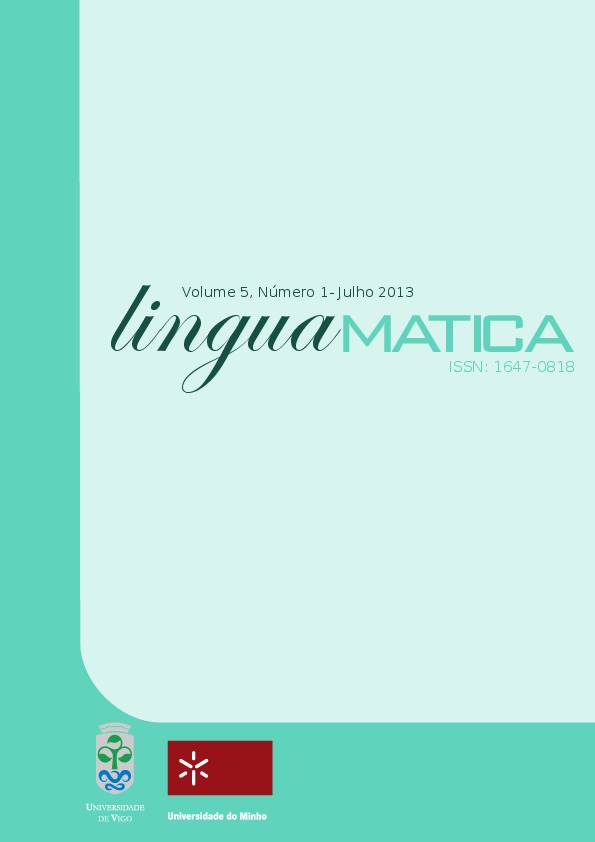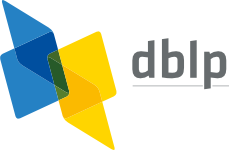Automatic categorization of Spanish texts into linguistic registers: a contrastive analysis
Abstract
Collaborative software such as Recommender Systems can benefit from the automatic classification of texts into linguistic registers. First, the linguistic register provides information about the users' profiles and the context of the recommendation. Second, considering the characteristics of each type of text can help to improve existing natural language processing methods. In this paper we contrast two approaches to register categorization for Spanish. The first approach is focused on morphosintactic patterns and the second one on lexical patterns. For the experimental evaluation we tested 38 machine learning algorithms with a precision higher than 89%.
Authors who publish with this journal agree to the following terms:
- Authors retain copyright and grant the journal right of first publication with the work simultaneously licensed under a Creative Commons Attribution License that allows others to share the work with an acknowledgement of the work's authorship and initial publication in this journal.
- Authors are able to enter into separate, additional contractual arrangements for the non-exclusive distribution of the journal's published version of the work (e.g., post it to an institutional repository or publish it in a book), with an acknowledgement of its initial publication in this journal.
- Authors are permitted and encouraged to post their work online (e.g., in institutional repositories or on their website) prior to and during the submission process, as it can lead to productive exchanges, as well as earlier and greater citation of published work (See The Effect of Open Access).













